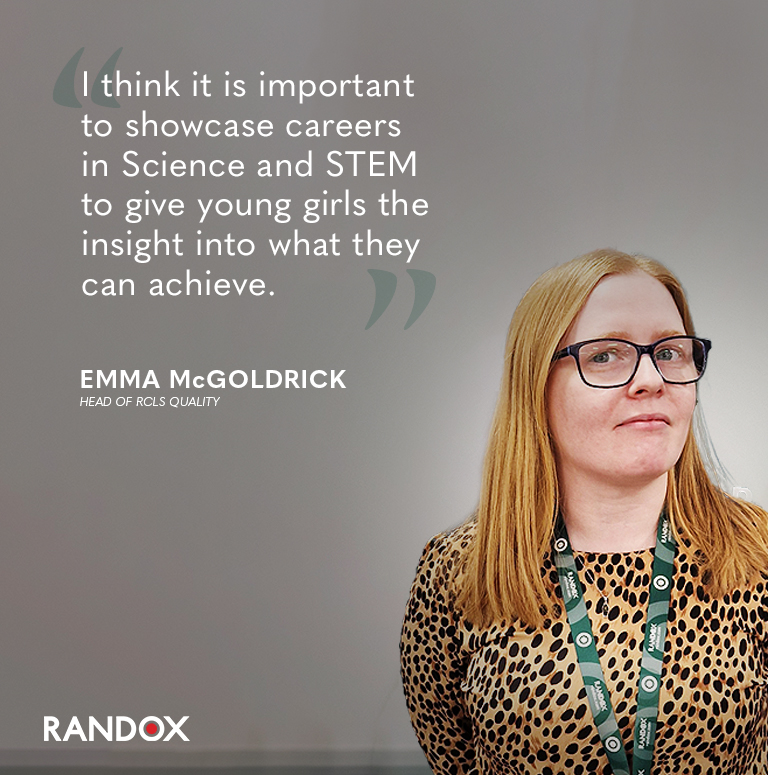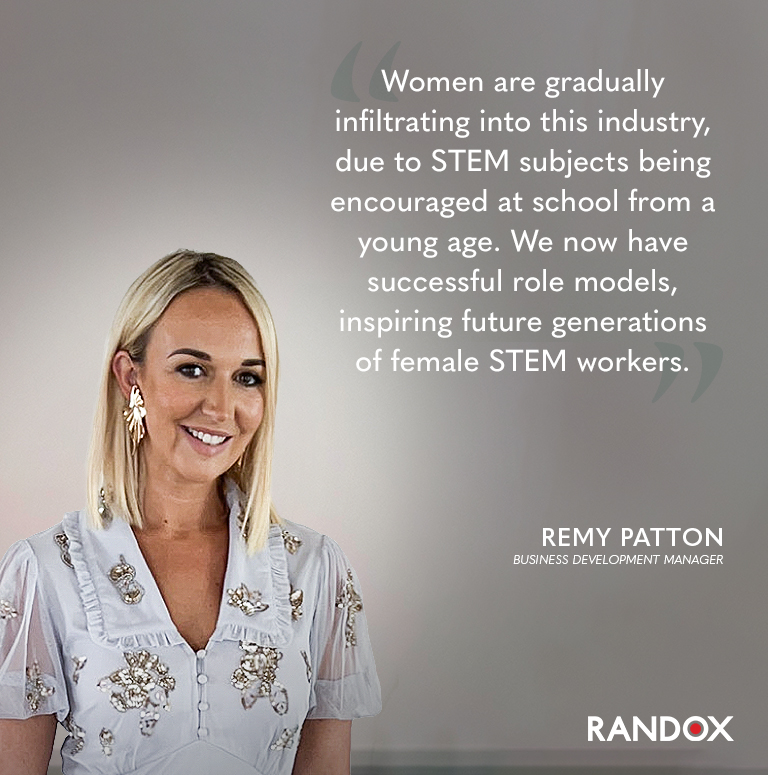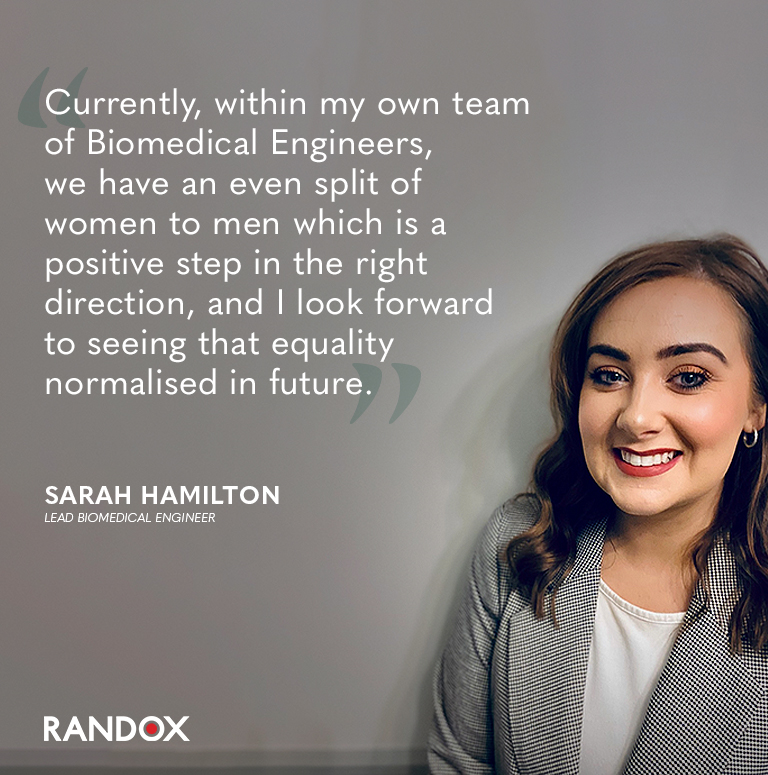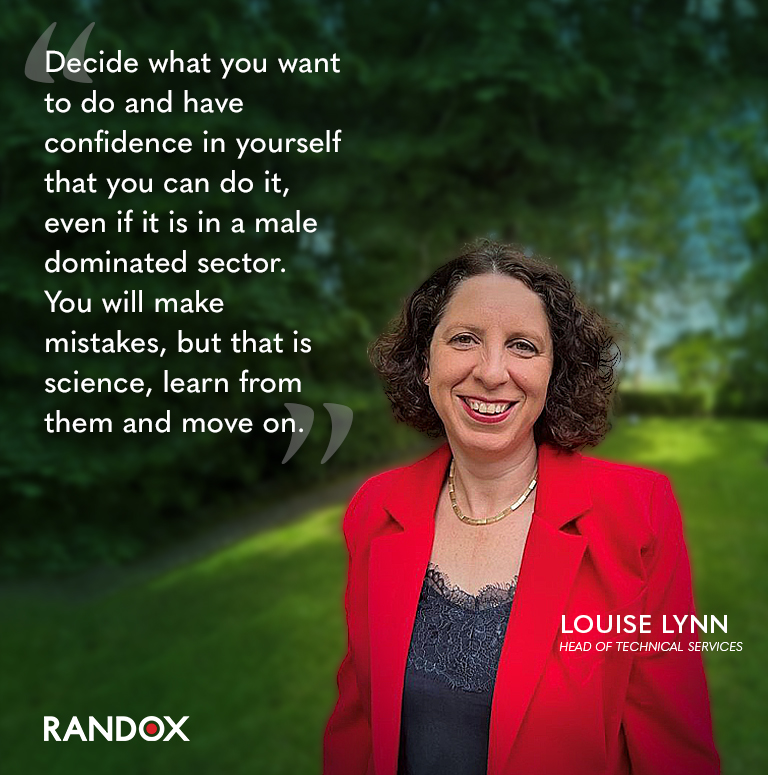Sexual Health Week
Sexual Health Week

September 11th-17th is Sexual Health Week
Sexual Health is a very important part of our lives, impacting on our wider physical and emotional well-being. In our relationships it is also important to act responsibly and with care – and to reduce the risk of Sexually Transmitted Infections (STIs).
More than one million sexually transmitted infections (STIs) are acquired every day worldwide, the majority of which are asymptomatic. STIs are on the increase, and many show very little to no symptoms.
We want to break the stigma on sexual health testing. Regular testing is what keeps us safe and prevents STI’s spreading. Regular screening can aid in detecting an infection in the early stages and help to reduce the risk of further complications.
Gonorrhoea and Syphilis, which are two of the most common STIs are increasing at alarming rates.
Usually treated easily with antibiotics, many STIs can cause serious health issues if left untreated. Chlamydia and Gonorrhoea can cause infertility and pelvic inflammatory disease, while syphilis can cause serious, irreversible, and potentially life-threatening problems with your brain, heart, or nerves. Sexually transmitted infections are on the increase, many of which present little to no active symptoms.
World’s first Xylazine assay

Randox’s newly established ELISA for xylazine is the first immunoassay test in the world for this drug
Xylazine is an analgesic drug primarily used within the veterinary industry as a tranquilizer.
It has not been approved for human use, however, in recent years it has been linked to the USAs illicit drug supply. The United States Drug Enforcement Authority (DEA) recently published a Public Safety alert about xylazine. Its primary use is as a sedative and analgesic in veterinary medicine for horses, cattle, and other large animals. However, xylazine has been reported as an adulterant in an increasing number of illicit drugs mixtures and detected in a growing number of overdose deaths in the USA, according to the DEA.
A report released by the US Centers for Disease Control and Prevention (CDC) on June 30th 2023 found that “Among 21 jurisdictions, the monthly percentage of illicitly manufactured fentanyl-involved deaths with xylazine detected increased 276% from January 2019 (2.9%) to June 2022 (10.9%).” However, they note that because of inconsistent testing, detection is still likely underestimated.
According to the CDC researchers “Medical Examiners and Coroners might differ regarding whether they consider xylazine to increase fatal overdose risk, or they might be unfamiliar with xylazine and therefore not list it on death certificates. This variation highlights the importance of collecting postmortem toxicology data on all drugs detected in overdose deaths, rather than just those listed on the death certificate.”
The CDC advises that “Expanded postmortem testing for xylazine is needed to clarify prevalence in drug supplies” and that “Routine toxicology testing for xylazine in suspected overdose cases is critical for accurate surveillance”.
Studies continue to see the drug reported as an adulterant in an increasing number of illicit drug mixtures. Commonly encountered in combination with fentanyl but xylazine has also been detected in mixtures containing cocaine, heroin, and a variety of other drugs.
Unlike fentanyl, xylazine is not an opioid, naloxone (Narcan) does not reverse its effects. As such this dangerous combination of toxic drugs can lead to fatal accidental overdoses in users.
The severity of its side effects remain a concern: depressed breathing, blood pressure, heart rate and body temperature to critical levels.
Available now on the Evidence MultiSTAT!
Randox Toxicology continue to lead in new test development within the ever-changing drugs of abuse market. Our newly established test for xylazine is the first immunoassay test in the world for this drug of abuse.
Simultaneously screen two samples for up to 29 drugs of abuse, including xylazine, on our ToxPlex Array in just 31 minutes!
About Randox Toxicology
With over 40 years’ experience in the diagnostic market, Randox Toxicology is dedicated to advancing forensic, clinical and workplace toxicology.
Placing a heavy focus on new product R&D has led to the development of technology at the forefront of advanced global diagnostics.
A market leader in the development of new assays and technology in the field of toxicology, Randox aim to minimise laboratory workflow constraints whilst maximising the scope of quality drug detection.
With the world’s largest toxicology test menu, screening for over 600 drugs and drug metabolites, our range of versatile analysers provide toxicology solutions for both high and low throughput laboratories.
For more information, contact Randox Toxicology at info@randoxoxicology.com.
Randox Health partners with Team Gb ahead of Paris 2024
The British Olympic Association (BOA) has announced that Randox Health will be the Official Diagnostic Health Partner of Team GB ahead of the Paris 2024 Olympic Games.
Following the success of their previous partnership, which saw Randox provide Team GB with Covid-19 testing services for Tokyo 2020 and Beijing 2022, the new partnership will see the two organisations work to change the way the nation thinks about health.
Together with Team GB, Randox will encourage people to be proactive about their health by using comprehensive diagnostic screening and data to support prevention and early diagnosis of conditions, while Team GB’s athletes will have access to Randox’s in-clinic and home testing services to help them be in the best possible shape for Paris 2024.
For further information, please visit TeamGB.com

Randox acquires microfluidic tools and impedence flow cytometer developer, Cellix Limited.
Randox are pleased to announce the acquisition of Cellix Limited, a Dublin-based company that develops microfluidic tools and impedance flow cytometers for cell analysis.
This acquisition expands Randox’s technical capabilities into the benchtop flow cytometry space aligning with their commitment to personalised medicine and improved preventative healthcare.
Dr. Peter FitzGerald, Managing Director of Randox Laboratories:
“The acquisition of Cellix complements and broadens Randox’s offerings by making flow cytometry more accessible to a wider audience of scientists and clinicians.”
“We are looking forward to bringing together Cellix’s expertise in cytometry with our dedication to diagnostics and believe this combination will enable us to streamline workflows resulting in better outcomes for patients.”
Vivienne Williams, CEO of Cellix:
“Our team is very excited to be joining forces with Randox to scale access to our technology in the broader scientific community.
“Cellix’s dedicated team has worked hard developing impedance-based cytometry for cell analysis supported through programs including the Disruptive Technology Innovation Fund. With Randox’s strong global presence and dedication to R&D, we are looking forward to continuing development of our technology and expanding our customer footprint.”

Biomedical Science Day 2023
This 8th June, Randox is celebrating Biomedical Science Day and our vital role in pro-active healthcare through our Randox Health Clinics.
Biomedical Science Day celebrates the vital role biomedical scientists play in patient care through the diagnosis of infections and diseases. It is a national event organized by the Institute of Biomedical Science (IBMS), the professional body for biomedical scientists and laboratory support staff. The awareness day aims to inform the public and empower patients by telling them about practices in biomedical science and celebrating a profession that is #AtTheHeartOfHealthcare.
Biomedical science is practiced in healthcare laboratories to identify, research, monitor and treat diseases. As one of the broadest areas of modern science, it focuses on the complexity of the human body and underpins much of modern medicine.
Here at Randox we continuously celebrate all our laboratory staff on a global scale – our team consists of over 650 research scientists and engineers who work in four jurisdictions across three continents!
For over forty years, Randox laboratory staff have been contributing to our work in preventative healthcare and research into diagnostics.
Randox has many departments which all work collectively to produce results. Our laboratory and R&D scientists are continuously researching new biomarker discovery. With a driven commitment to improving health worldwide, Randox reinvest up to 25% of turnover into developing disruptive innovations in diagnostics and healthcare – providing earlier diagnosis, prognosis, and improved patient risk to reduce current invasive diagnostic methods.
RIQAS Microbiology FLYER MAR23
International Day of Women and Girls in Science!

International Day of Women and Girls in Science!
On Saturday 11th February, we are celebrating International day of Women and girls in Science! This day is an opportunity to celebrate and promote equal access to science for women and girls.
Ahead of the 11th, we have interviewed five influential Women who fulfil STEM based roles across Randox Laboratories. They have shared their experiences and thoughts on Women and girls in the science industry.
Our fourth interview is with Head of RCLS Quality, Emma McGoldrick.

Why did you pursue a career in STEM?
I have always been interested in how things work. I enjoyed Maths and Science at school and chose to study Biomedical Science at university because it gave an overview of different areas of science and had a lot of practical modules.
What is your role in Randox and how long have you worked in the company for?
I started in Randox in 2018 working in the RTS laboratory doing routine analysis. During the pandemic I moved across to RCLS and was involved in the Covid-19 testing as a PCR shift lead and eventually a Deputy Lab Manager. In 2022, when the testing demands were decreasing, I moved into the RCLS Quality Department and became the Head of Department.
The Quality Department are responsible for ensuring the validity of results that are sent out to our customers, allowing them to have confidence in our service. The Quality Department are also responsible for maintaining our accreditation status and applying for any new accreditations for new testing.
What change have you seen for women in science over the years?
Over the years I have seen an increase in the number of women, not only in science, but in positions of responsibility or authority.
Have you found it harder or any different going into your career in science as a woman?
I wouldn’t say I have found it more difficult as such but at times you can be very conscious of the fact that it can be a very male dominated field and as a result of that feel that you have to work harder or do more to be taken seriously.
Fortunately, in the course of my career I have had a lot of female managers and colleagues. In fact, out of pure circumstance my team is predominantly women which is quite nice to work in a very supportive environment.
How do you think we can encourage more women to go into the science industry?
I think it is important to showcase careers in Science and STEM to give young girls the insight into what they can achieve. It is important to support young girls in school and allow them to feel heard and encouraged that they can do whatever they choose without any undue pressure in adhering to societal gender roles. Outreach to primary school age girls as well as high school age girls and showing them the variety of careers available to them in STEM is an important step in encouraging more women to go into STEM.
If you have one piece of advice as a woman starting out the STEM industry, what would it be?
I would say to any women starting out in STEM to keep going and pursue their career path and not to be put off. There is plenty of room for women in STEM and they shouldn’t be afraid to take up space in the field.
For more information, please contact Market@randox.com
International Day of Women and Girls in Science!

International Day of Women and Girls in Science!
On Saturday 11th February, we are celebrating International day of Women and girls in Science! This day is an opportunity to celebrate and promote equal access to science for women and girls.
Ahead of the 11th, we have interviewed five influential Women who fulfil STEM based roles across Randox Laboratories. They have shared their experiences and thoughts on Women and girls in the science industry.
Our third interview is with Business Development Manager, Remy Patton.
Why did you pursue a career in STEM?
I was always interested in Biology and studied Biomedical Science at University in Edinburgh. During my degree I spent a lot of time in the lab, but after 4 years of studying I knew working in a lab environment full time wasn’t for me. I wanted a sales role, staying within the medical industry. After taking a gap year I applied for the Graduate Scheme at Randox. I have been given the opportunity to progress quickly in this role and now get the best of both worlds – engaging with customers, while also using my Scientific background.
What is your role in Randox and how long have you worked in the company for?
I am a Sales Manager, overseeing some of our European markets. I have been working at Randox for just over 3 years and am lucky enough to get the opportunity to travel internationally every month. While on work trips I visit current customers, build relationships with potential new customers, all while promoting our Randox Quality Control portfolio. Being in the field also allows me to see Randox products being used in real-life scenarios. Ultimately, the products we sell ensures accurate patient results, which is our number one priority.

What change have you seen for women in science over the years?
Women are gradually infiltrating into this industry, due to STEM subjects being encouraged at school from a young age. We now have successful role models, inspiring future generations of female STEM workers. In Randox, we have career focused women working in many different departments, such as Manufacturing, Engineering and Logistics – which were once male dominated sectors.
Have you found it harder or any different going into your career in science as a woman?
In this role, I have never felt disadvantaged to be female and have actively been encouraged to progress in the company and further my career. I’ve had the same opportunities as my male colleagues and feel that I can provide the same quality of service to the company.
How do you think we can encourage more women to go into the science industry?
We can promote equal opportunities for both male and female candidates and make it clear that females are as successful in the science industry as males. We can also team up with local schools and universities to hold workshops, to show women exactly how many different opportunities there are to explore within science.
If you have one piece of advice as a woman starting out the STEM industry, what would it be?
My advice would be for women to believe in their abilities to succeed!
For more information, please contact Market@randox.com
International Day of Women and Girls in Science!

International Day of Women and Girls in Science!
On Saturday 11th February, we are celebrating International day of Women and girls in Science! This day is an opportunity to celebrate and promote equal access to science for women and girls.
Ahead of the 11th, we have interviewed five influential Women who fulfil STEM based roles across Randox Laboratories. They have shared their experiences and thoughts on Women and girls in the science industry.
Our second interview is with Lead Biomedical Engineer- Sarah Hamilton.

Why did you pursue a career in STEM?
At A-Level I studied Technology & Design, Biology & Chemistry. I always enjoyed the process of facing a problem scenario and working through design processes to form a solution. The problems I identified were always centred around healthcare issues. During A-Levels, I also had the opportunity to take part in the Sentinus Golden Crest Award, an initiative promoting STEM in schools. I went on to pursue a career in Engineering largely down to the great exposure I had to the industry during my time at school. Biomedical Engineering appealed to me most as it had the added aspects of applying biological/biochemical principles to technology in ways that improve healthcare provision and create products that directly impact quality of life. As part of my degree, I had an Industrial placement year, this experience was within Medical Device R&D where I had some amazing mentors who helped me see that Engineering R&D was definitely the correct career path for me.
What is your role in Randox and how long have you worked in the company for?
My role within Randox is Lead Biomedical Engineer within the Engineering R&D department. I started in 2017 having graduated from Ulster University as a Biomedical Engineer. During the last 6 years I have progressed to a Team Leader role. In this role I co-ordinate a team of 7 people from Senior to Placement Biomedical Engineers.
Within this team we work across multiple projects which are all in different stages of development. My main role is to plan and facilitate the completion of testing ranging from early prototype development through to Verification & Validation. The Biomedical Engineering role involves working within a multidisciplinary team of Mechanical, Electrical & Embedded Design Engineers, Software Developers & Testers and Scientists (Chemists & Physicists). In Engineering, we also work alongside Assay Development Scientists and Lab Scientists. In doing so we ensure our product requirements are in line with user needs and performance is as expected.
What change have you seen for women in science over the years?
Comparing my time at school & university to now, there has been a noticeable change in the emphasis put on STEM careers. It is great to see employers from a variety of industries participating in more outreach programmes aimed at both primary, secondary and tertiary education levels, similar to the Sentinus Award which first got me interested in a STEM career. Many of my colleagues, and I, have participated in different events aimed at promoting careers in STEM. And I know many companies have diversity and inclusion programmes with aims of attracting more females into STEM roles at both junior and more senior levels. I feel that this has helped change attitudes of both woman and men from what was previously considered normal within STEM.
Have you found it harder or any different going into your career in science as a woman?
When I started as a graduate engineer, I was the only female in a team of 15 men, so, while I have found the industry still quite predominately male, I don’t believe this poses any setbacks for starting out in a STEM career or for career progression. Currently, within my own team of Biomedical Engineers, we have an even split of woman to men which is a positive step in the right direction, and I look forward to seeing that equality normalised in future. Overall, getting to work within a group of likeminded people who work together to solve multiple complex problems is extremely rewarding.
How do you think we can encourage more women to go into the science industry?
I think improving and promoting initiatives that provide exposure/insight into the STEM industry in schools is one of the best ways to inspire the next generation. It allows more girls to see the many different roles in the STEM industry which they might not otherwise have been aware of or considered pursuing.
If you have one piece of advice as a woman starting out the STEM industry, what would it be?
Have confidence to make sure you are heard.
For more information, please contact Market@randox.com
International Day of Women and Girls in Science!

International Day of Women and Girls in Science!
On Saturday 11th February, we are celebrating International day of Women and girls in Science! This day is an opportunity to celebrate and promote equal access to science for women and girls.
Ahead of the 11th, we have interviewed five influential Women who fulfil STEM based roles across Randox Laboratories. They have shared their experiences and thoughts on Women and girls in the science industry.
Our first interview is with Head of technical Services- Louise Lynn.
Why did you pursue a career in STEM?
I enjoyed science at school and it was an easy decision to continue science through to A-level. I went on to study Biochemistry at Queens University, Belfast and during my time there I heard about Randox. I applied for various jobs when I graduated, but Randox interested me the most and was most applicable for my degree.
What is your role in Randox and how long have you worked in the company for?
I am currently Head of Technical Services in Randox, overseeing the Global Technical Support and Applications Teams.
I have been working in Randox for almost 25 years! I started in the R&D lab during the development of our Liquid Enzyme reagents, and quickly moved into Technical Support. I have held various roles within Technical Support over the years and have seen many changes in that time. As a department we support the Randox Clinical products, dealing with enquiries, complaints and troubleshooting, as well as customer training. No two days are the same.

I enjoy dealing directly with the customers and building those relationships. Working in Technical Support has given me the opportunity to travel and visit labs globally which has been very interesting and allows you to see our products in use and is always a reminder that ultimately there is a patient depending on our products to manage their health.
During the pandemic I was also involved in setting up the Covid Customer Support Team which was one of the most challenging times in my career, but also a very positive experience.
What change have you seen for women in science over the years?
During my time at university and throughout my career I have worked alongside many females, however I have seen an increase in female engineers over more recent years, which is great to see in one of the more male dominated sectors of the business.
Have you found it harder or any different going into your career in science as a woman?
Throughout my career at Randox I have had both male and female managers. We have been very fortunate that everyone is given an equal opportunity within the company and we have always had females in senior management positions. At no stage in my career have I found being a female has caused me to struggle or consider changing my career path. I was also given flexibility when my children were young, but this did not prevent me from progressing my career once I was ready to do so again.
How do you think we can encourage more women to go into the science industry?
Female scientists and engineers going into schools and talking about what they do. Many young people don’t know what they want to do and getting their attention at an early age and hearing real life career stories first hand can have a huge impact.
If you have one piece of advice as a woman starting out the STEM industry, what would it be?
Decide what you want to do and have confidence in yourself that you can do it, even if it is in a male dominated sector. You will make mistakes, but that is science, learn from them and move on.
For more information, please contact Market@randox.com




